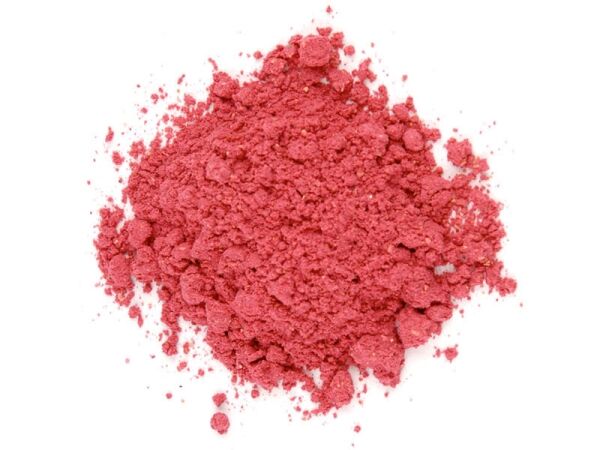One of the most promising benefits of red raspberries is that they are a significant source of ellagic acid. This substance belongs to the family of phytonutrients called tannins and is viewed as being responsible for a good portion of the antioxidant activity of these (and other) berries. Ellagic acid has become known as a possible potent anti-carcinogenic/anti-mutagenic compound.
Ellagic acid may possibly act as a scavenger to “bind” cancer-causing chemicals, making them inactive. It also may inhibit the ability of other chemicals to cause mutations in bacteria. In addition, ellagic acid from red raspberries may prevent the binding of carcinogens to DNA and may reduce the incidence of cancer in cultured human cells exposed to carcinogens.
Raspberries are an excellent source of fiber, manganese, and vitamin C. They are a very good source of vitamin K and a good source of magnesium, folate, omega-3 fatty acids, copper, vitamin E, and potassium. But eating whole berries or berry powder has been shown in scientific studies to be more beneficial than taking the individual phytochemicals in the form of dietary supplements.
